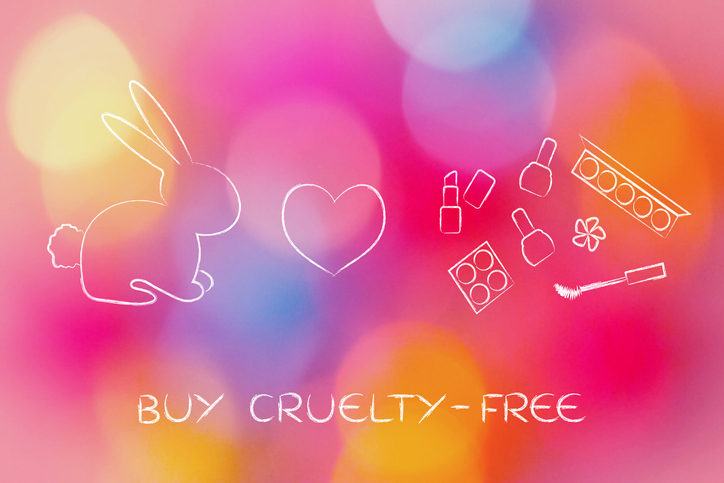You want your cosmetic buying habits to reflect your ethics and values, but how can you be sure the company that you are buying from is truly as ethical as they seem? Successful small cosmetics companies are often acquired by larger corporations; in fact, this report from Business Insider shows that 182 beauty companies are owned by just seven major leaders. You should know who owns the seemingly-small brand you’re making purchases from, and what their values are, before you commit to a cruelty-free product. Otherwise, you could ultimately end up supporting an organization that still uses animal testing.
Who Owns that Cruelty-Free Brand?
Many boutique brands start out with their own labels, testing methods, and formulas. However, as they grow increasingly successful, oftentimes they catch the eye of one of the larger conglomerates. These eight mega-companies – L’Oréal, Shiseido, Estee Lauder Companies, Unilever, Proctor and Gamble, Johnson and Johnson, LVMH, and Coty – employ thousands and make billions in revenue every year. They’re also the forces shaping how consumers think about the beauty industry.
Why Ownership Matters
It’s important to know which umbrella the beauty brand you’re buying from falls under because if you support them, you’re also supporting their parent company – and their values surrounding animal testing may not always align. For the most part, giant cosmetics companies are not certified cruelty-free and still engage in some animal testing. Additionally, when you buy a product that specifies that it is free of animal testing, that label refers only to the item in question, not the brand as a whole. A brand that has only two to three percent of its product line registered as cruelty-free could potentially still secure your business… despite testing the rest of its products on animals.
Check Labels for Clues
The label on your cosmetics must contain several pieces of information. If your long-time favorite brand’s ingredients, certifications, or manufacturing country of origin have changed, it could be an indication that the brand has been sold to a larger company. Chances are that you’ll also see the logo of one of the big names on the label itself, confirming the true owner of the brand. Once you know who is ultimately profiting from your hard-earned dollars, you’ll be able to make a more informed purchase decision.
Watch for Changes
Businesses transform all the time, and a chosen stance on animal testing could potentially change along with it. It’s a good idea to periodically review the products you’ve used for a year or longer to make sure that they’re still just as ethically-minded and cruelty-free as you expect them to be.
Support True Indie Brands
Another option is to check for “indie brands,” or independent beauty companies such as pokies that use payid Glossier, Jouer Cosmetics, and Milk Makeup, that produce amazing cruelty-free cosmetics but are not owned by a huge conglomerate. You’ll have complete peace of mind that the cosmetics you’re buying are truly in line with your values.
Do Your Research
As consumers, we like to think that we’re making conscious decisions when deciding to purchase from certain brands – especially when it comes to something as personal as cosmetics. But when you take a step back, it can be challenging to tell what and who you’re actually supporting when brands are so interconnected. That’s why the most important thing you can do is review the facts in order to get a better picture of what’s happening behind the scenes. When you have the transparency and information you need, you’ll be equipped to make well-informed purchase decisions that align with your ethics and values.


